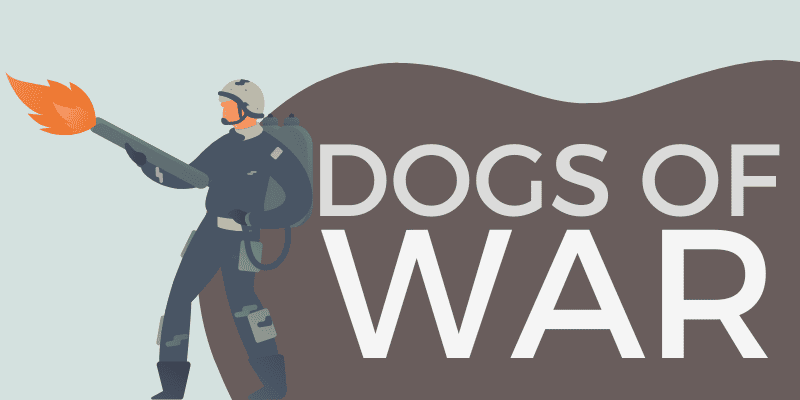Dogs of War – Origin and Meaning
Language itself is such a fascinating subject, and the use of idiomatic expressions often enriches and enlivens our conversations, as well as any writing we do. As an author, I use idioms all the time! One fairly popular and super old idiom is “the dogs of war.” So, let’s take a look at the metaphorical nature of this idiom as I explain its origin and show you the full version and how you can put it in a sentence. Is …



